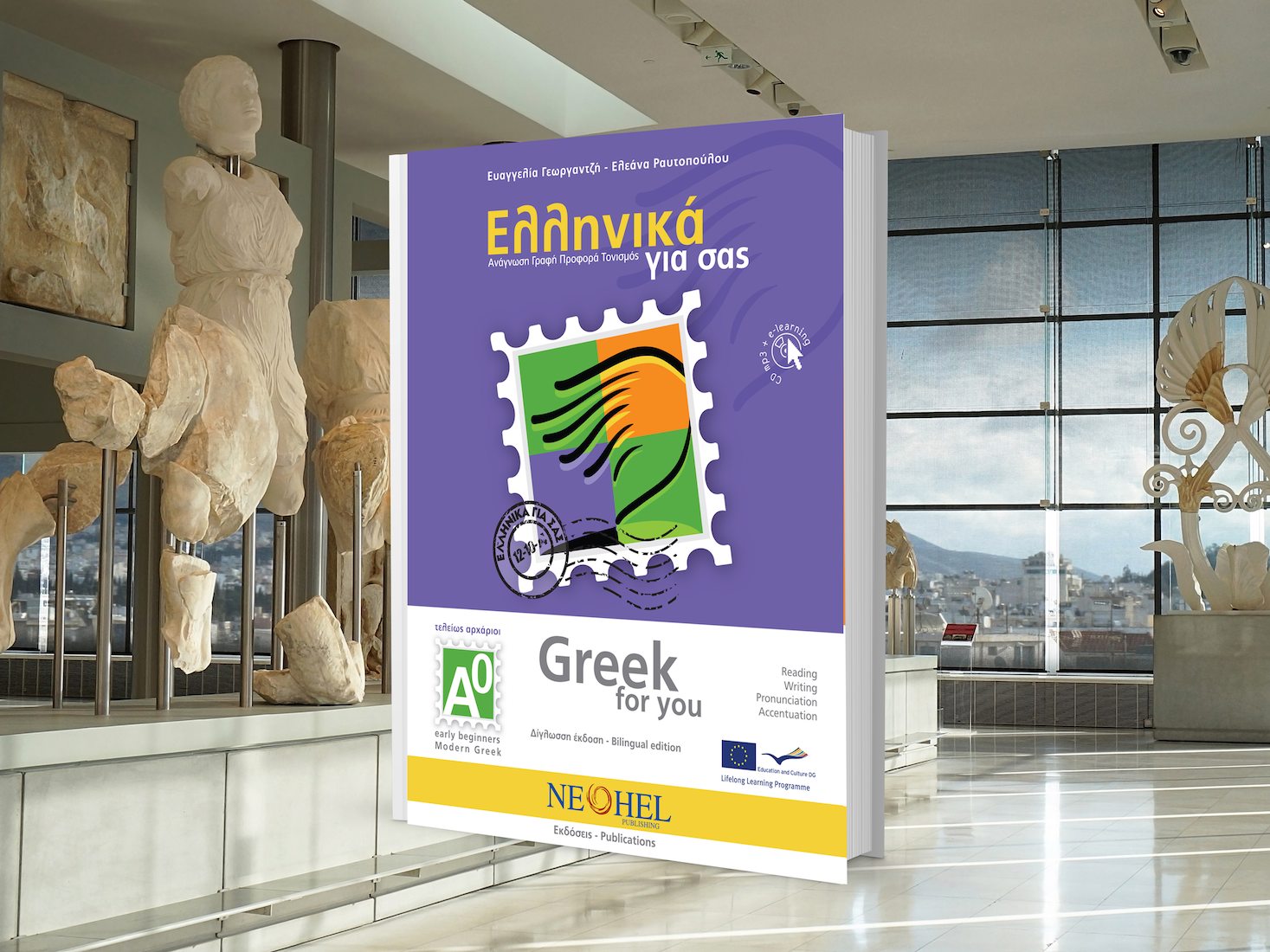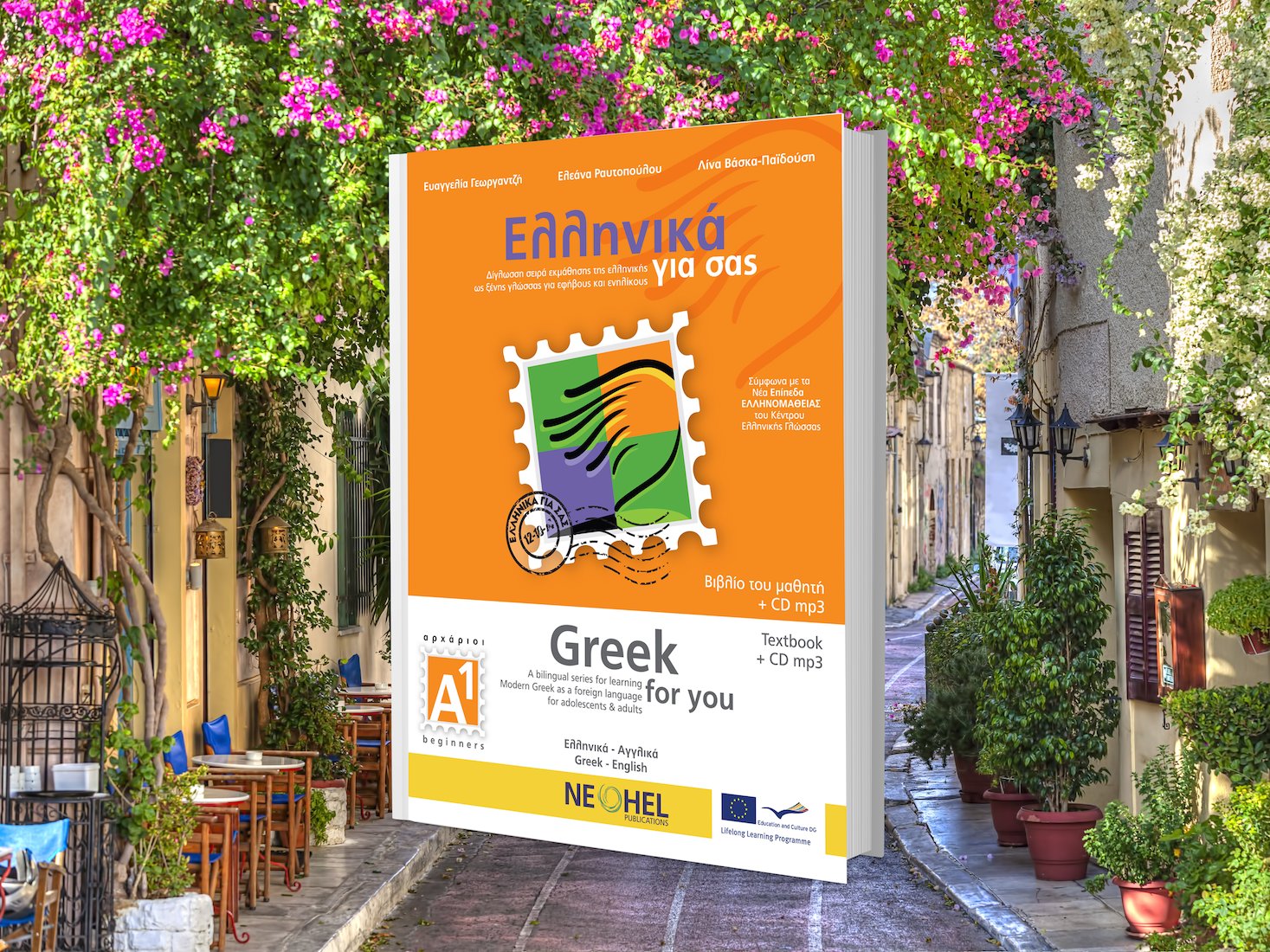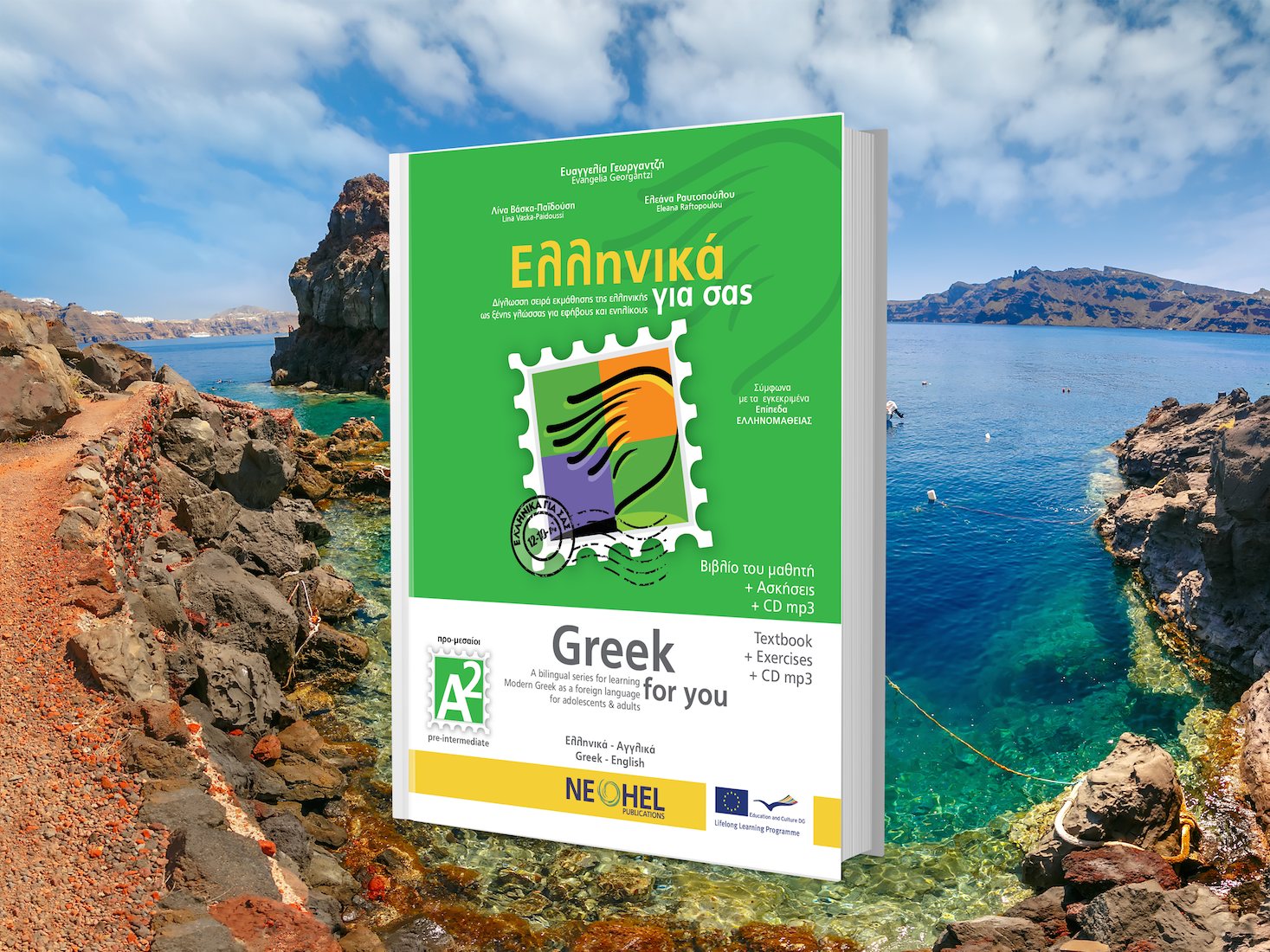Vocabulary Development
Vocabulary development & acquisition is crucial to a number of topics in second/foreign language learning: thematic units & curriculum development and assessment of all language skills (reading, listening, writing, speaking). Vocabulary development is essential to foreign language learners, as it relates immediately with academic achievement of students
Blachowicz & Fisher, as early as 2000 defined four main rules for language learners, among others, claiming that they should be active participants of their vocabulary learning and base their learning on their personal experiences. Furthermore, they should be “immersed” in the words based on various sources.
Lexical competence in Greek language learning was neglected in the past. The emphasis was primarily put on the communicative competence without relating it directly to vocabulary development. Lack of association between use of the content and vocabulary learning, even with mnemonics or cues, does not actually develop vocabulary building. In order to close this gap between content and vocabulary learning, Greek for you follows the approaches below:
1
It relates content and vocabulary learning via thematic units and thematic vocabulary; vocabulary learning is best achieved via scaffold instruction, as scaffolding provides the bridge between content and vocabulary.
2
It uses systematically pre-cognition and meta-cognition information, in order for the students to prepare their language learning and at the end of the instruction to summarise the lexicon taught in the course of a specific thematic unit.
3
It introduces exercises based on personal experience via research and active participation, such as “And now it’s your turn” where students are asked to develop a specific topic providing information on themselves.
Eugenia reading from Greek for You.
The Greek Baptism – The baptism of my cousin.
Τα ελληνικά βαφτίσια – Αύριο βαφτίζουμε τον ξάδελφό μου.
All the material follows the guidelines of CEFR (Common European Framework for Languages) and the curricula and instructions of the Centre for the Greek Language (ΚΕΓ) that organises the examination for the Certificate of the Greek Language (Ellinomatheia).
4
It gives multiple opportunities for practice and application of language concepts via glossaries next to texts, development of thematic vocabularies, precognition and metacognition exercises on vocabulary, derivative words, composite words and so forth.
5
It introduces assessments on every step and at the end of every level of learning, on all language skills that are directly or indirectly related to vocabulary assessment.
6
There is an alphabetically listed glossary at the end of each level with reference to the competence level, i.e. A0, A1 etc. The organisation of the vocabulary per level is an innovative work in progress, following the CEFR requirements.





